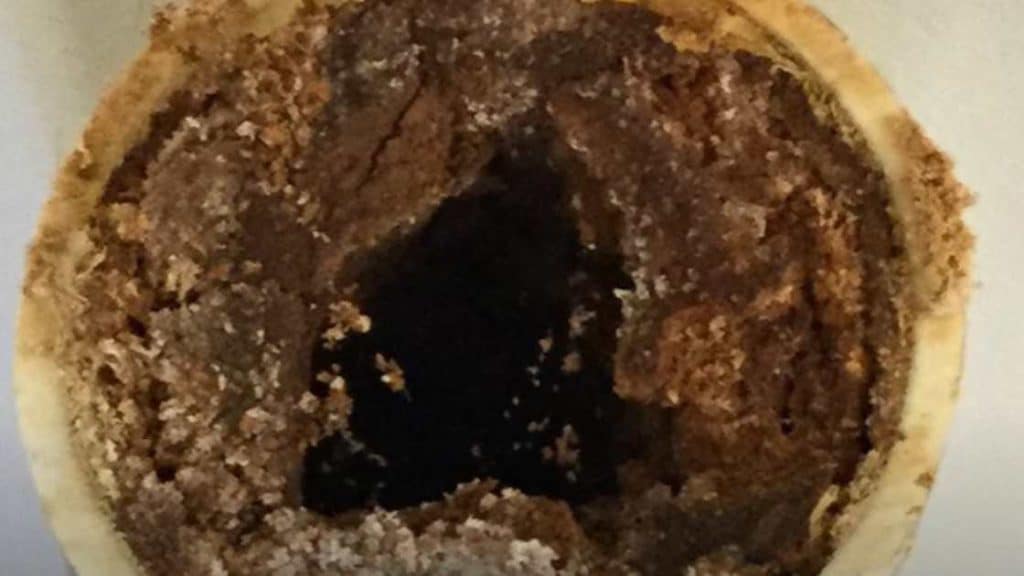Do You want to know “How to Clean Grease from Drain Pipes?” If you answered yes, this content for yours.
To clean grease from drain pipes, pour a mixture of hot water and dish soap down the drain followed by a dose of white vinegar and baking soda. Use a plunger after to help dislodge any remaining grease.
Dealing with clogged drain pipes due to grease buildup can disrupt your daily chores and become a nuisance. Grease can solidify inside pipes, restricting water flow and causing plumbing issues. A clean drain ensures efficient water flow and prevents unpleasant odors and potential backups.
It’s essential to tackle this problem before it escalates into a major plumbing concern. Regular maintenance using household items like dish soap, vinegar, baking soda, and hot water helps break down the grease.
This simple, cost-effective method not only clears your drains but also reduces the likelihood of future blockages, keeping your plumbing system running smoothly. Take action at the first sign of a slow drain to avoid the inconvenience and expense of professional plumbing services.
Introduction To Grease Buildup In Drain Pipes
Kitchen sinks often become slow and clogged over time. One of the main culprits? Grease buildup in drain pipes. This sneaky problem can cause major headaches, but understanding its causes can help you prevent future blockages. Let’s dive into what causes this kitchen nemesis and explore its impacts on plumbing systems.
Causes Of Grease Accumulation
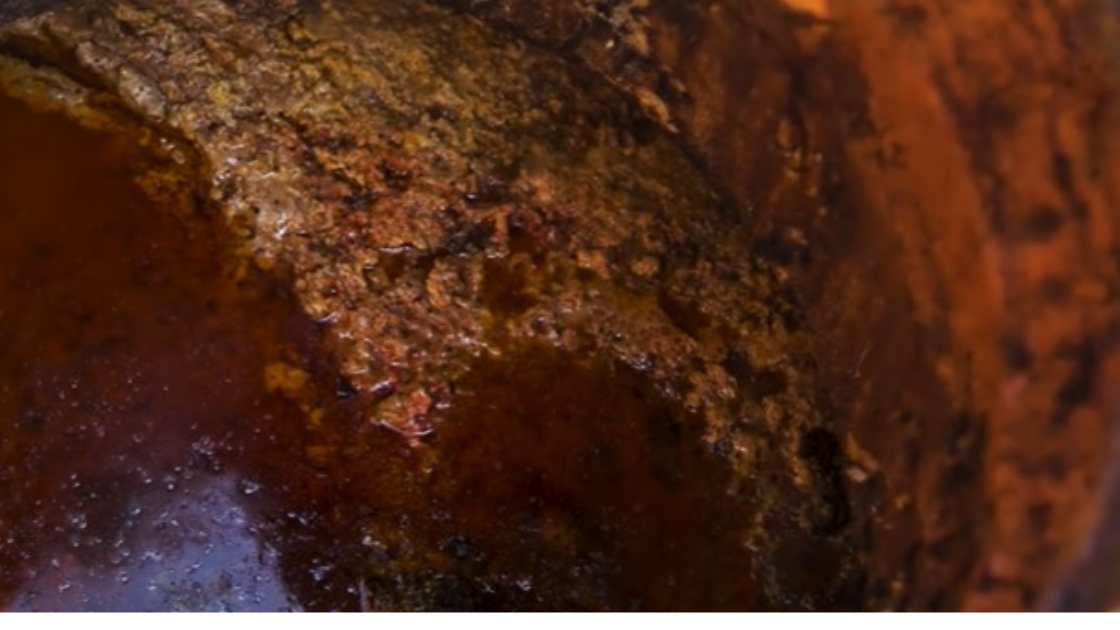
Grease accumulation starts subtly. Everyday activities, like washing dishes, contribute to the problem. When warm, grease seems harmless as it flows easily down the drain. Then, it cools and solidifies,
- Clings to pipes
- Traps food particles
- Builds up over time
Regular kitchen habits can lead to unexpected grease pile-up. Be aware of small things that have a big effect:
| Culprit | Contribution to Grease Buildup |
|---|---|
| Cooking Oil | Even small amounts can coat pipes |
| Butter & Margarine | Stick to pipe walls when washed down |
| Food Scraps | Can contain fats that cling to grease |
Impacts Of Grease Blockages On Plumbing Systems
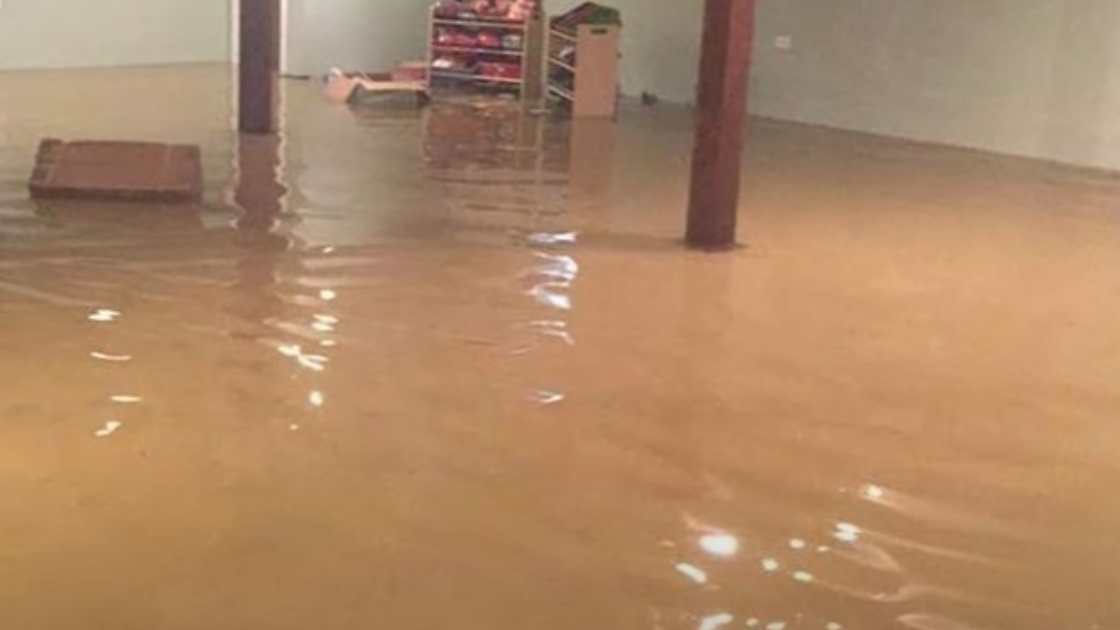
Grease blockages are more than just a nuisance. They can:
- Restrict water flow
- Cause bad odors to emerge from the drain
- Lead to costly plumbing repairs
Drains response to a grease blockade is like a traffic jam. Water struggles to pass. Foul smells signal something is wrong. Left unchecked, grease can cause serious damage, requiring professional help.
Recognizing The Signs Of Grease Buildup
Grease buildup in drain pipes is a common issue that can cause serious plumbing problems if left unaddressed. To tackle this effectively, it’s key to recognize the early signs. This ensures a quick and efficient clean-up, avoiding costly damage. Let’s identify these red flags in detail.
Identifying Slow Drainage And Odors
Slow drainage is a telltale sign of grease accumulating in your pipes. If water takes longer to go down, it’s time for action. Along with slow drainage, unpleasant odors might emerge from the sink. This combination strongly suggests grease is the culprit.
- Water pooling in the sink
- Drains gurgling or making noises
- Foul smell coming from drains
Warning Signs That Indicate Severe Grease Clogs
Some signs indicate a more severe grease clog. You can’t afford to ignore these. Be proactive to prevent a complete blockage.
| Sign | Implication |
|---|---|
| Consistently slow drainage | A long-term buildup slowing down flow |
| Water backing up | Grease blockage is forcing water in reverse |
| Persistent foul odors | Grease decomposing in the pipes |
Preventative Measures To Avoid Grease Buildup
Grease buildup in drain pipes is a slippery issue. It can lead to major blockages. Stop grease from ever becoming a problem. It’s much easier than dealing with clogs.
Best Practices For Disposing Of Kitchen Grease
Don’t pour grease down the sink. It may seem like a liquid now, but it solidifies and causes blockages.
- Let it cool – Wait for grease to cool down in the pan.
- Scrape into a container – Use a spatula to move grease to a sealable container.
- Dispose of properly – Throw the sealed container in the trash.
Use paper towels to wipe down oily pans before washing.
Regular Maintenance Tips To Keep Drains Clear
Regular drain cleaning is key. This habit prevents grease build-up.
- Hot water – Run hot water through the sink after each use.
- Vinegar and baking soda – Pour 1/2 cup of each down the drain monthly.
- Drain covers – Use them to catch food scraps.
Professional cleaning can help. Schedule it yearly for best results.
Diy Solutions For Grease Removal
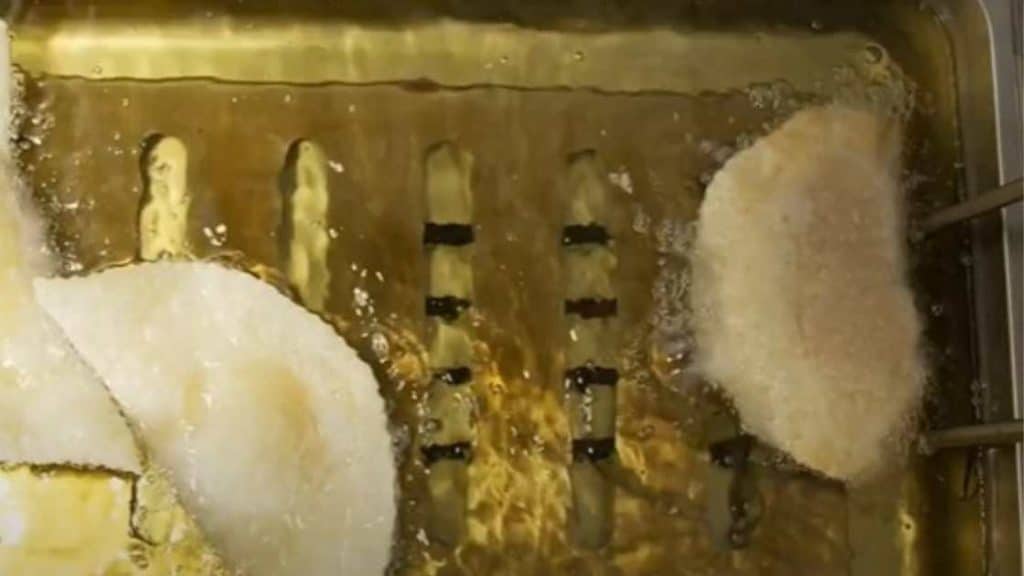
Clogged drains are a common plight in many homes, often caused by the buildup of grease. Over time, this can lead to slow water drainage, unpleasant odors, and even blockages. Fortunately, there are effective DIY grease removal solutions that can restore your pipes to pristine condition without the need for harsh chemicals.
Home Remedies For Breaking Down Grease
Before reaching for expensive cleaners, try these simple yet powerful home remedies:
- Vinegar and Baking Soda: A natural cleaning combo that cuts through grease.
- Salt and Hot Water: Salt acts as a scouring agent while hot water melts the grease.
- Dish Soap and Hot Water: Soap emulsifies grease, making it easier to flush away.
The Boiling Water Method
This is one of the easiest ways to tackle grease in your drain pipes:
- Boil a kettle of water.
- Pour the first pot of boiling water directly down the drain.
- Wait a few minutes, then follow with a cup of baking soda and an equal part of vinegar.
- Let this fizz for ten minutes to break down the grease.
- Flush with another pot of boiling water to clear the mixture.
This method not only removes the grease but also leaves your drain smelling fresh.
Chemical Cleaners: Pros And Cons
When grease blocks your drain pipes, a quick fix seems ideal. Chemical cleaners promise that. Let’s weigh their benefits and risks before you pour one down your sink.
Selecting the Right Chemical Cleaner for Grease
Selecting The Right Chemical Cleaner For Grease
Many cleaners exist, but not all are right for grease clogs. Consider these points for a smart choice:
- Effectiveness: Look for products labeled for grease dissolving.
- Application Type: Some require hot water, others work standalone.
- Environmental Impact: Prefer those with less harm to nature.
Hazards Of Chemical Cleaners
Risks come with chemical use. Know them to keep your home safe:
| Hazard Type | Details |
|---|---|
| Health | Inhalation or skin contact can harm. |
| Pipes | Old pipes may corrode due to chemicals. |
| Environment | Chemicals can damage ecosystems if not treated properly. |
Using Enzymatic Cleaners For Grease Digestion
Using Enzymatic Cleaners for Grease Digestion is an eco-friendly approach to tackle tough grease clogs in household drain pipes.
Unlike harsh chemical cleaners, enzymatic cleaners use natural enzymes to break down grease into simpler, water-soluble substances. This method not only clears your drains but does so without damaging the environment.
How Enzymatic Cleaners Work
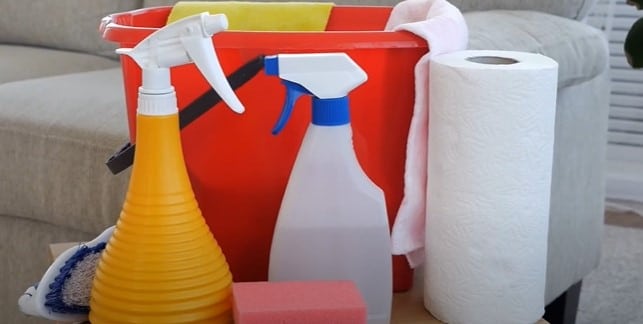
When you pour an enzymatic cleaner down the drain, magic happens. These cleaners contain specific enzymes that target grease molecules. The enzymes latch onto the grease, breaking it down into smaller pieces. Over time, the grease transitions from a sticky clog to harmless substances that easily flush away with water.
- The enzymes attach to grease.
- They break down the grease molecules.
- Grease transforms into water-soluble materials.
- The drain is cleared without harming the pipes.
Advantages Of Using Biodegradable Enzymes
Biodegradable enzymatic cleaners boast several benefits for both your home and the planet. They pose no risk to waterways, wildlife, or human health. Moreover, they prevent future clogs by continuously cleaning the pipes.
| Advantage | Description |
|---|---|
| Environmentally Friendly | They do not pollute nature. |
| Safe for Pipes | No damage to plumbing over time. |
| Long-Term Cleaning | Continued enzyme action prevents future clogs. |
| Health Safety | No toxic chemicals mean safer use in homes. |
Mechanical Methods To Clean Grease From Drains
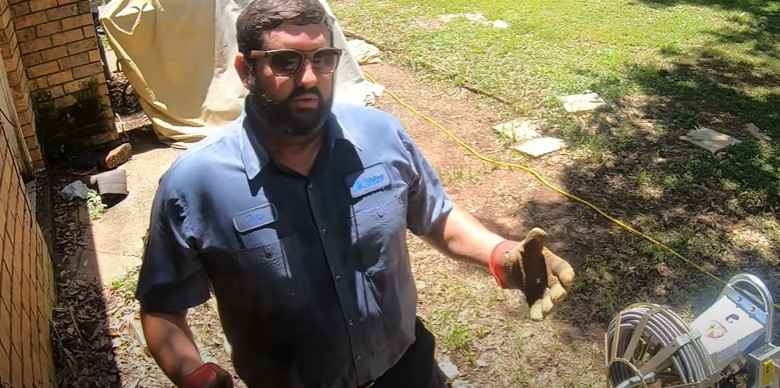
Battling a greasy, clogged drain can feel like an uphill battle. Fear not—mechanical means offer effective solutions. Skip the harsh chemicals and consider these hands-on techniques.
Using Plungers And Plumber’s Snakes
Simple tools like plungers and plumber’s snakes break through grease blockages.
- Plungers: Create suction and pressure to dislodge grease.
- Plumber’s snakes: Reach deeper into pipes to remove obstructions.
Steps for using these tools:
- Position the plunger over the drain.
- Pump firmly several times.
- For stubborn clogs, insert a plumber’s snake.
- Turn the handle to break up the grease.
The Effectiveness Of Hydro Jetting Services
Hydro jetting uses high-pressure water to blast away drain grease.
| Service | Pressure | Effectiveness |
|---|---|---|
| Hydro Jetting | High | Effective for severe blockages |
Hydro jetting services are best left to professionals due to the specialized equipment and experience required.
Professional Drain Cleaning Services
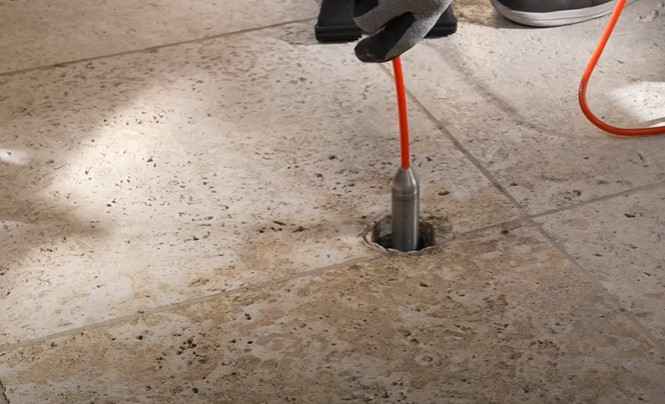
Clogged drains are a common headache for homeowners. Kitchen sinks often fall victim to clogs due to grease buildup. When home remedies fail, professional drain cleaning services are the go-to solution. These experts use specialized techniques to ensure your pipes are clean and grease-free.
When To Call A Professional Plumber
Several signs indicate the need for a professional plumber. Watch for these:
- Slow drainage despite using over-the-counter cleaners.
- Recurring clogs that home remedies can’t fix.
- Foul odors coming from the drain, suggesting buildup.
- Water backing up in the sink or adjacent fixtures.
If these issues persist, it’s time to call in the pros. They possess the tools and expertise to handle stubborn grease and grime.
Overview Of Professional Drain Cleaning Techniques
Professionals use a variety of methods to clean drains:
| Technique | Description | Benefits |
|---|---|---|
| Hydro-jetting | High-pressure water blasts through blockages. | Clears grease and debris, leaving pipes like new. |
| Snaking | A flexible rod breaks apart obstructions. | Ideal for minor or localized clogs. |
| Video Inspection | Cameras find the exact location of the problem. | Ensures targeted cleaning and prevents future issues. |
Choosing the right method depends on the severity and nature of the clog. Plumbers can assess the situation and apply the most effective treatment.
Long-term Strategies For Grease Management
Over time, grease builds up in drain pipes, leading to blockages. Proper grease management prevents clogs and maintains clean drains. Employ long-term strategies to tackle grease effectively.
Installing Grease Traps
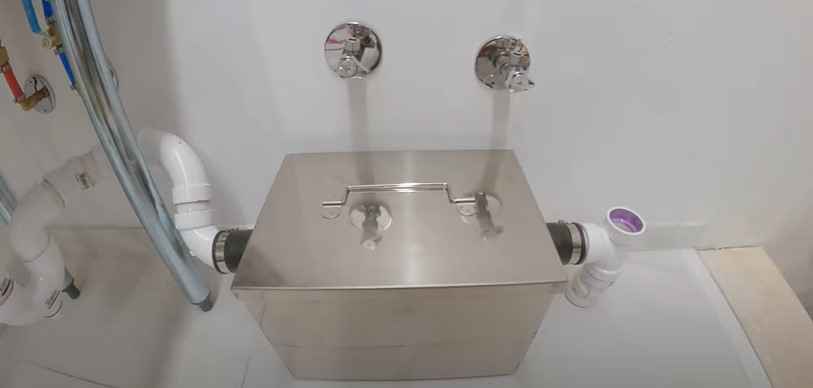
Grease traps are essential for any long-term grease management plan. These devices catch grease before it enters drainage systems. Regular cleaning ensures they work properly. Here are the steps:
- Choose the right size trap for your needs.
- Install the trap close to the source of grease.
- Schedule regular maintenance to avoid overflows.
Professional installation guarantees optimal performance. Ensure compliance with local regulations for best results.
Educating Household Members On Drain Care
Educating everyone at home is vital. It helps reduce grease going down the drain. Share simple rules:
- Scrape plates clean before washing.
- Use paper towels to wipe off grease.
- Avoid pouring oil down the sink.
Teach kids and grown-ups alike. Create a chart with the dos and don’ts. Display it near the sink for easy reference. Awareness leads to better drain care habits.
Ensuring A Grease-free Drain System
Diligent care and proper cleaning prevent drain pipe issues. Keep grease out and enjoy smooth plumbing.
Summarizing Key Takeaways
- Boiling water dissolves grease.
- Baking soda and vinegar break down buildup.
- Professional tools clear severe clogs
Maintaining A Routine For Drain Health
Regular cleaning keeps pipes clear. Establish a monthly routine for best results. Use safe, simple methods to avoid damage.
| Frequency | Action |
|---|---|
| Daily | Dispose of grease properly. |
| Weekly | Flush with hot water. |
| Monthly | Clean with baking soda and vinegar. |
Frequently Asked Questions Of How To Clean Grease From Drain Pipes
What Causes Grease Buildup In Drains?
Grease accumulates when fatty substances are washed down the sink. Over time, these substances cling to pipe walls, solidifying and causing blockages that impede water flow.
How Can I Prevent Grease Clogs?
To prevent grease clogs, avoid pouring oils or fat down the drain. Instead, dispose of grease in the trash. Use strainers to catch food particles and run hot water after washing dishes to flush the pipes.
What Home Remedies Clear Grease From Drains?
Baking soda and vinegar are effective home remedies for grease clogs. Pour hot water down the drain, followed by baking soda and vinegar. Wait 15 minutes, then flush with more hot water to clear residue.
Can Dish Soap Remove Drain Grease?
Yes, dish soap can help remove grease. Pour a mixture of hot water and dish soap down the drain to break down the grease. Let it sit for a few minutes, then flush with more hot water to clear the mixture.
How Do You Dissolve Fat In Drains?
Dissolve fat is advisable to dispose of excess fats by allowing them to solidify in a container and then disposing of them in the trash to prevent plumbing issues.
Does Vinegar Dissolve Grease In Drains?
Yes, vinegar can help dissolve grease in drains due to its acidic nature, breaking down and loosening the fatty deposits. However, for more stubborn grease clogs, a combination of vinegar and baking soda followed by hot water may be more effective in clearing the drain.
Conclusion
Battling pesky grease in drain pipes can be daunting. Yet, with these simple, effective steps, it’s manageable. Remember to regularize your cleaning practice to avoid buildup. For eco-friendly options, baking soda and vinegar are your friends. Your drains will thank you for the attention, ensuring a smooth, clog-free kitchen experience.

